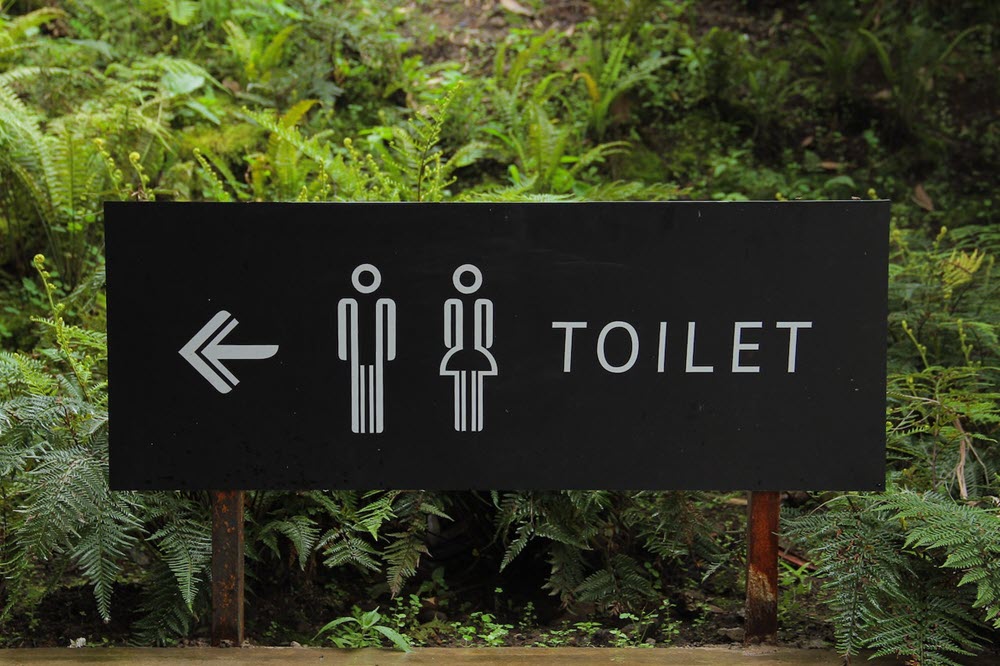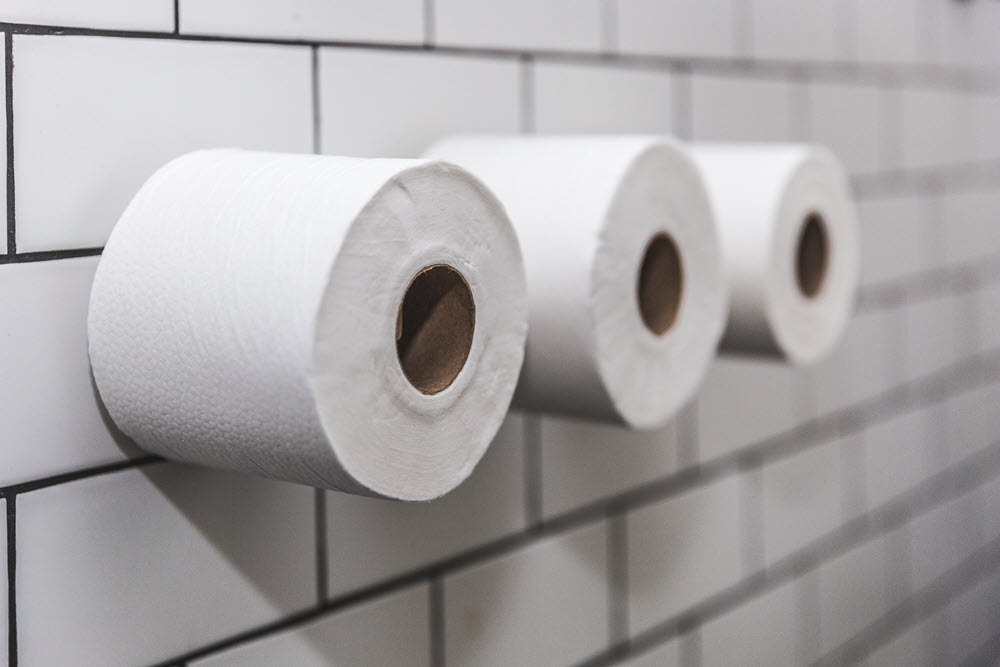
As we grow older, our bodies experience a series of changes that can be both challenging and frustrating to deal with. These “changes” can range from physical to emotional and may include problems associated with mobility, memory, vision, hearing, and more. In addition, the body becomes more susceptible to health conditions, namely incontinence.
According to statistics, approximately one-quarter to one-third of men and women in the United States are affected by urinary incontinence. Unfortunately, many seniors who suffer from this condition hesitate to seek help, leading to a lack of understanding and support.
That’s why as a caregiver, it’s important that you approach this issue with empathy and understanding and provide proper care and support. Here’s how:
Understand the Cause
The first step in managing incontinence in the elderly is to understand the cause of their incontinence. Often, the cause of incontinence is urinary tract infections, medications, and medical conditions like diabetes or stroke. In such cases, treating the underlying condition may resolve, or at least improve, the incontinence.
If you are unsure about the cause, talk to the elderly’s doctor to determine the underlying cause. This then allows you (with the doctor’s help) to develop a plan that helps to manage the condition effectively. This will not only help alleviate the senior’s physical discomfort but also their emotional distress and embarrassment.
Use Incontinence Products
Incontinence often cannot be ‘solved’. It needs to be managed instead. Many seniors and caregivers do this by using a combination of approaches, including bathroom routines and incontinence products.
Incontinence products absorb accidents when they do happen, reducing the risk of the senior’s pants or seat getting soaked. However, it’s important to choose the right product and change it regularly. This includes making sure the absorbency is high enough, as many people choose incontinence products that aren’t sufficiently absorbent.
Related Post: Depend Versus Tena: My Thoughts After Wearing Each for a Day
Encourage Open Communication
Incontinence can be a sensitive topic for seniors to talk about. So, you must create a safe and non-judgmental space for them to share their thoughts and feelings about their condition.
Let them know that you are there to support them, regardless of how challenging the condition is. And while conversing, avoid using language that can be stigmatizing. Instead, use terms that are neutral and respectful.
It’s also important to listen actively to their concerns and support their emotions. Don’t hesitate to tell them that their feelings are valid. By doing so, they will feel loved, comfortable & confident.
Help With Personal Hygiene
Incontinence can cause skin irritation and infections, so you must help them maintain good hygiene. This may include helping them change their undergarments, using wet wipes to clean their skin, and applying protective creams or ointments.
If they feel embarrassed, you can give them privacy by closing the door to their room or using a privacy screen. Similarly, the professionals at Zorbies suggest providing them with undergarments that offer protective coverage and absorbency. It will help prevent leaks and provide extra protection while improving their hygiene.
Note: Be gentle and respectful while assisting, and make sure your loved one is comfortable with your help.
Establish A Routine

Having a routine for using the bathroom can make a big difference for the elderly. It can give them a sense of control and confidence and reduce the risk of accidents. So, try to encourage your loved one to use the bathroom at regular intervals, like every two hours.
You can use a chart or reminders to help them remember when it’s time to go. Of course, it may take some trial and error to find the right routine, but don’t give up! You can help them get used to it and feel more secure with patience and persistence.
This approach can be crucial, as seniors may lose the ability to recognize when they need to go to the bathroom. If the senior can’t tell when they need to ‘go’, you can’t rely on their timing. A routine gets around this issue.
Monitor Diet
Did you know that monitoring the elderly’s diet will have a significant impact on managing their condition?
Certain foods and drinks, such as caffeine, alcohol, and spicy foods, can irritate the bladder and worsen incontinence. This can be frustrating and embarrassing for elders and may make them feel like they’re not in control of their own bodies. On the other hand, a healthy diet that’s high in fiber and low in irritants can help manage their incontinence, along with promoting their overall health and well-being.
Nevertheless, making changes to their diet can be challenging, especially if they have dietary restrictions or preferences. That’s why it would be best to consult a dietician about developing a meal plan tailored to your loved one’s needs, i.e., one that’s both healthy and enjoyable.
Make Sure They Stay Hydrated
Drinking enough water is vital for overall health, but it can be difficult to balance hydration with incontinence. Seniors may avoid drinking water to prevent accidents, but in reality, dehydration can make the condition worse.
So as their caregiver, it’s important to encourage your loved one to drink plenty of fluids throughout the day. This can include water, juice, milk, and other healthy beverages. You can also offer hydrating foods, such as fruits and vegetables, soups, and broths.
To make sure that they stay hydrated, keep a water bottle or cup nearby and remind them to take sips regularly. Also, suggest that they avoid too much caffeine or alcohol, which can exacerbate incontinence.
Stay Positive
Last but not least, taking care of your loved one with this condition is demanding. They need frequent attention, which could drain you and might even trigger negative emotions. So, it is essential that you stay positive.
One way to do this is by celebrating small victories along the way. Maybe the elderly were able to make it through the day without an accident, or perhaps they tried a new product that worked well for them. Whatever the victory may be, take the time to recognize it and celebrate it with your loved one. This can help them feel more motivated and encouraged to keep going, even on tough days.
Similarly, try to focus on the things your loved one can still do rather than the things they can’t. For example, they can still enjoy a favorite hobby or spend time with friends and family. By focusing on these positive aspects of their life, you can help them feel happier and more fulfilled.
Wrapping It All Up
Incontinence can be frustrating for both caregivers and seniors. But it’s important to remember that seniors are not at fault for incontinence. Be patient and understanding, and offer reassurance and support when they need it.
Keep in mind that managing incontinence is a team effort, and you are there to help them through this difficult time. So, follow the tips given & help them feel better. And, if required, work with healthcare professionals and dietitians to take the utmost care of your loved one.
Feeling Overwhelmed?
Check out our Caregiving Consulting service for personalized support and guidance.

Leave a Reply